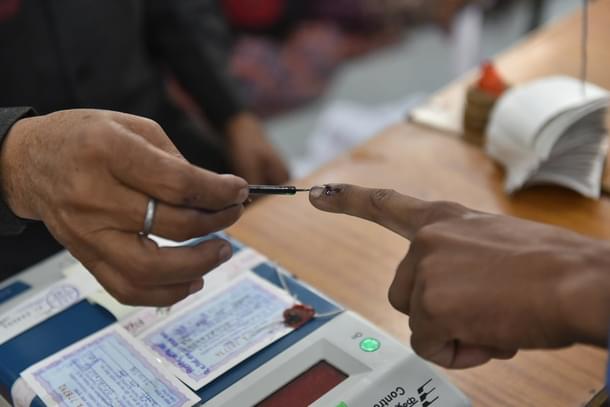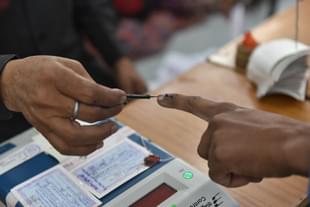News Brief
'One Nation, One Election' Bill To Be Tabled In Parliament Soon, May Be Referred To Panel for Wider Consultation
Arjun Brij
Dec 10, 2024, 12:36 PM | Updated 12:35 PM IST
Save & read from anywhere!
Bookmark stories for easy access on any device or the Swarajya app.


The government is advancing its plan for simultaneous elections, or ‘One Nation, One Election’ (ONOE), but the timeline for tabling the bill remains uncertain as the draft awaits cabinet approval. The proposal, seen as a landmark electoral reform, aims to reduce time, cost, and resources associated with the current staggered electoral system.
While there is speculation that the bill could be introduced in the ongoing winter session, government officials suggest it may be tabled during the upcoming budget session. To ensure broader consultation and consensus, the government is considering referring the legislation to a Joint Parliamentary Committee (JPC).
"Since it is a sensitive issue, there should be a broader discussion and parliamentarians belonging to all parties should be given an opportunity to contribute their views," a senior government official said.
The cabinet has already approved the recommendations of a high-level committee led by former President Ram Nath Kovind, which outlines a phased implementation of synchronised elections. This includes holding Lok Sabha and state assembly elections simultaneously, followed later by local body elections.
Despite government efforts to build consensus, the proposal faces significant opposition. Critics argue that simultaneous elections are "impractical, undemocratic, and unconstitutional." They contend that such a system could disrupt governance and undermine federalism.
Opposition parties, including Congress, the Aam Aadmi Party (AAP), and others, warn that the move could marginalise regional parties and tilt power towards national political entities. They also highlight the logistical and operational challenges of conducting elections for multiple levels of governance simultaneously.
In contrast, supporters, including the BJP, Biju Janata Dal (BJD), and Shiv Sena, argue that synchronising elections will streamline governance, reduce expenses, and foster economic growth.
Prime Minister Narendra Modi has consistently backed the idea, emphasising its potential to reduce policy disruptions caused by frequent elections.
The ONOE initiative would require constitutional amendments, particularly to Articles 83 and 172, which govern the terms of the Lok Sabha and state assemblies.
The Kovind committee has suggested that 2029 could be the first feasible year for implementing synchronised polls, necessitating shortened terms for some state assemblies to align their elections with the Lok Sabha.
The draft bill reportedly incorporates safeguards to address concerns about federal principles and the risk of centralisation.
The outcome of discussions in the JPC and Parliament will determine whether this ambitious reform becomes a reality. For now, the government is keen to engage all stakeholders to address concerns and build a consensus.
Arjun Brij is an Editorial Associate at Swarajya. He tweets at @arjun_brij





